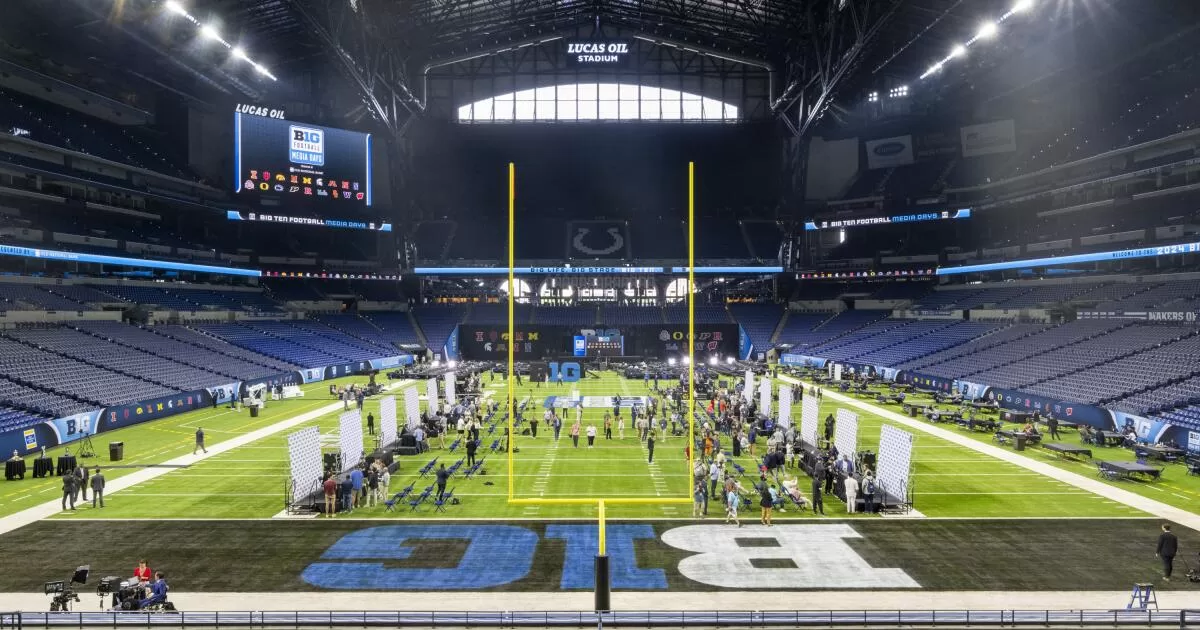Thousands of former college athletes will be eligible for payments ranging from a few dollars to more than a million under the $2.78 billion antitrust settlement agreed to by the NCAA and five power conferences, a deal that also paves the way for schools to directly compensate athletes while attempting regulate payments from boosters.
Details of the sprawling plan were filed Friday in federal court in the Northern District of California, a little more than two months after the framework of an agreement was announced. The deal must still be approved by a judge.
The full term sheet includes guidelines on roster caps for individual sports that will replace scholarship limits; how the new financial payments will be monitored and enforced to ensure compliance by schools; how third-party payments to athletes will be regulated; and how nearly $3 billion in damages will be doled out by the plaintiffs over the next 10 years.
Those payouts will vary drastically and are determined by sport played, when, how long and what conference an athlete competed in. While Division I athletes across all sports will be eligible to collect damages, the majority of damages is expected to go to football and basketball players from power conferences because those leagues and teams generate most of the revenue that comes from billion-dollar media rights contracts.
The deal covers three antitrust cases — including the class-action lawsuit known as House vs. the NCAA — that challenged NCAA compensation rules dating back to 2016. The plaintiffs claimed NCAA rules denied thousands of athletes the opportunity to earn millions of dollars off the use of their names, images and likenesses.
The NCAA lifted its ban on athletes earning money off their fame through endorsement and sponsorship deals in 2021.
The agreement does not settle the issue of whether college athletes should be deemed employees. The NCAA and college sports leaders continue to plead for help from Congress in the form of a federal law that would supersede state laws and allow the association and conferences to self govern without fear of future antitrust litigation.
“This settlement is an important step forward for student-athletes and college sports, but it does not address every challenge,” the commissioners of the Atlantic Coast Conference, Big Ten, Big 12, Pac-12, Southeastern Conference and NCAA President Charlie Baker said in a joint statement. “The need for federal legislation to provide solutions remains. If Congress does not act, the progress reached through the settlement could be significantly mitigated by state laws and continued litigation.”
While that help still seems unlikely to come soon — especially with a presidential election months away — college sports leaders hope the settlement can provide some certainty for schools and finally stem the constant legal attacks on its antiquated model of amateurism.
